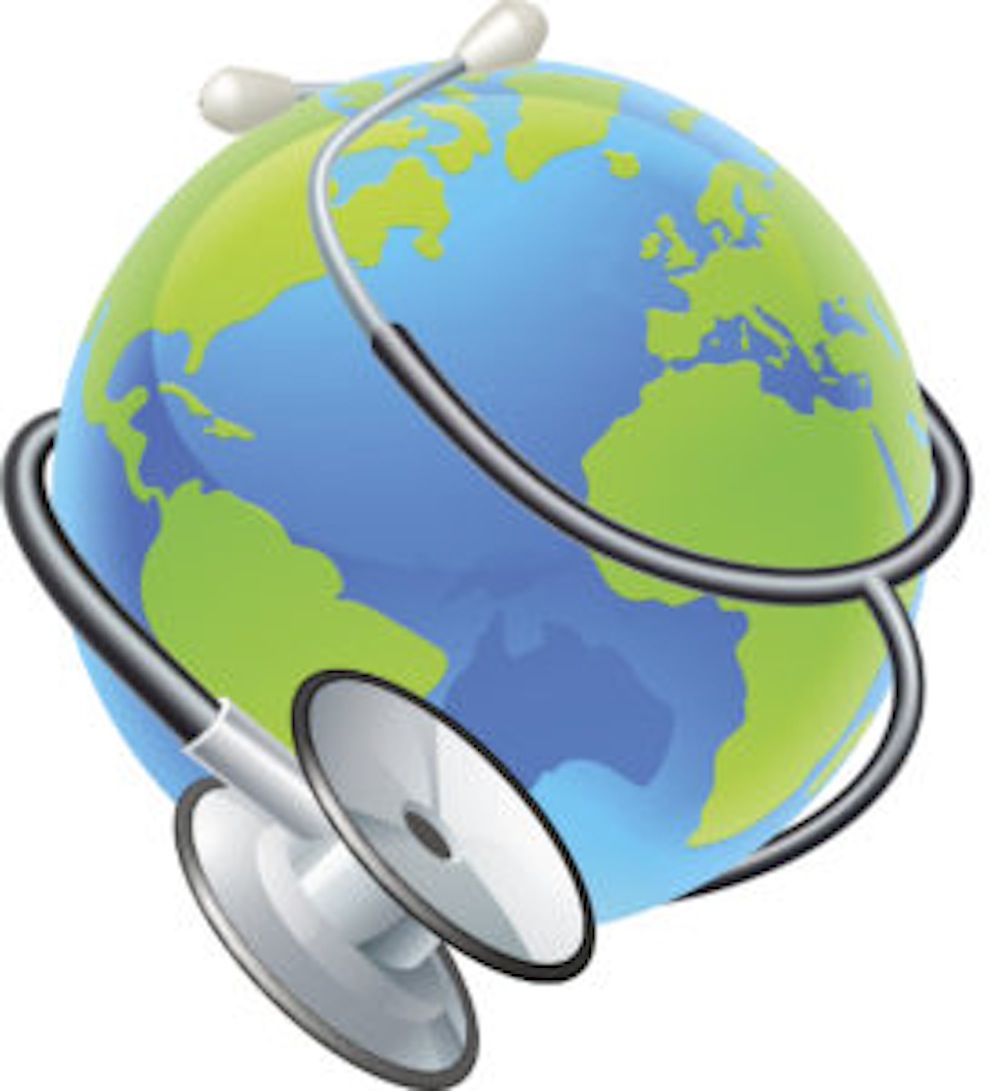BY AGNES MENANOPO
CLIMATE change has affected the fundamental requirements for health, which include: clean air, safe drinking water, sufficient food, and secure health.
Although global warming might bring some localized benefits, such as fewer winter deaths in temperature climates and increased food production in certain areas, the overall health effects of changing climate are likely to be overwhelmingly negative.
The Minister highlighted this for Health and Medical Services, Hon. Dickson Mua during the World Environment Day, World Oceans Day and Coral Triangle Day celebrations in Honiara.
He said that many of the infectious diseases such as diarrheal disease, malnutrition, and dengue are highly climate-sensitive and are expected to worsen as the climate changes.
“Rising sea levels and increasingly extreme weather events will destroy homes, medical facilities, and other essential services,” said Mua.
“More than half of the world’s population live within 60 km of the sea and people may be forced to move, which in turn heightens the risk of a range of health effects, from mental disorders to communicable diseases,” Hon. Mua said.
He added that increasingly variable rainfall patterns are likely to affect the supply of freshwater.
“Lack of safe water can compromise hygiene and increase the risk of diarrheal disease, which kills 2.2 million people every year.
“In extreme cases, water security leads to drought and famine.
The minister stated that floods are also increasing in frequency and intensity and that it contaminates freshwater supplies, heighten the risk of water-borne diseases, and create breeding grounds for disease-carrying insects such as mosquitoes.
He said that they also cause drowning and physical injuries, damage homes and disrupt the supply of medical health services.




